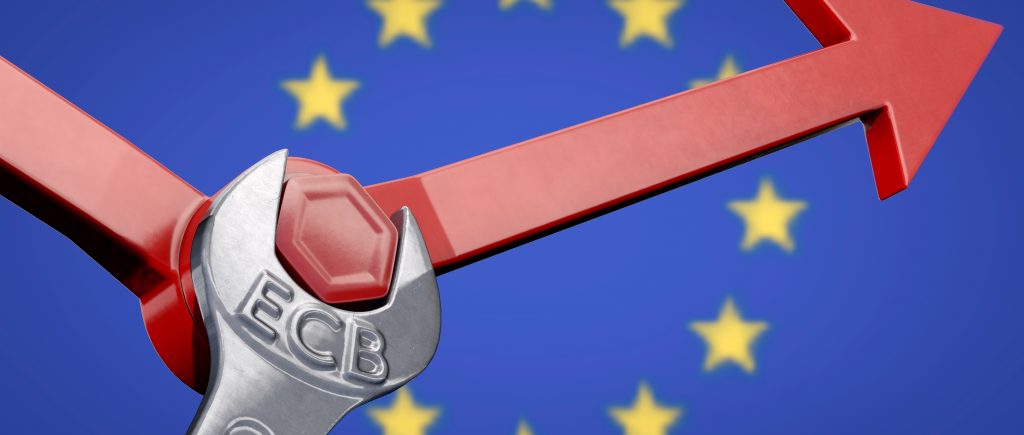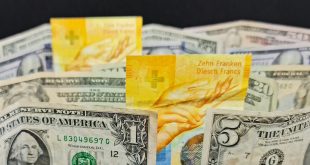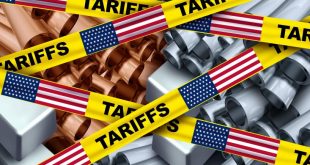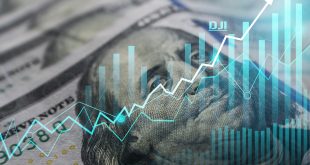European stock markets closed higher on Thursday, July 24, 2025, buoyed by the European Central Bank’s (ECB) decision to maintain interest rates and growing optimism over a potential US-EU trade deal that could ease punitive tariffs, particularly on steel. The pan-European STOXX 600 index gained 0.24%, marking its second consecutive day of gains, though tempered by uncertainties in trade talks and mixed corporate earnings. With ECB President Christine Lagarde adopting a cautious stance and US President Donald Trump pushing for reciprocal market access, the focus on resolving the 50% US tariff on EU steel exports underscored the high stakes for European industries. As negotiations approach the August 1 deadline, markets navigated a delicate balance of economic stability and geopolitical risks.
The ECB’s decision to keep its key deposit rate at 2%, following cuts from 4% over recent months, aligned with expectations. Lagarde emphasized a “wait and watch” approach, citing an “exceptionally uncertain” environment driven by trade disputes, particularly the looming US tariffs on European steel. This policy stance drove bond yields higher, with the German 10-year bund, a eurozone benchmark, climbing nearly 9 basis points to 1.91%. French, Italian, and Spanish 10-year bonds rose similarly, each up by about 8 basis points. The euro dipped 0.2% against the US dollar to around $1.1750, reflecting market adjustments to the ECB’s steady policy and ongoing concerns about steel and other trade barriers.
Trade negotiations took center stage, with the EU steel industry facing a catastrophic 50% US tariff, far higher than the 25% rate on British steel, which is set to drop to zero under a UK-US deal struck by Prime Minister Keir Starmer. EU officials, including European Commission spokesman Olof Gill, expressed confidence that a US-EU agreement was “within reach,” potentially setting a 15% baseline tariff on most European exports, with exemptions for sectors like aircraft but not steel. Trump, fresh off a “massive” trade deal with Japan and agreements with Indonesia and the Philippines, insisted that any EU deal must open markets to American businesses. He confirmed tariffs would range from 15% to 50%, with steel remaining at the higher end, prompting EU diplomats to propose a compromise limiting the 50% rate to steel exports above a certain quota. The EU has readied a €93 billion retaliatory tariff package targeting US goods like bourbon, aircraft, and chemicals, set to activate on August 7 if talks collapse. French President Emmanuel Macron and German Chancellor Friedrich Merz vowed to escalate measures if needed, with Merz warning that high tariffs would “hit the German export industry to the core.”
Corporate earnings reflected the mixed market sentiment. Finnish oil refiner Neste soared 13.7% to lead the STOXX 600 after posting a second-quarter EBITDA of €341 million, surpassing forecasts of €298 million. French software firm Dassault Systèmes slumped 9.4% after reporting €1.52 billion in revenue, below the expected €1.55 billion. Nokia’s shares fell 0.5% after a 29% profit drop to €301 million, missing estimates of €360 million, partly due to tariffs and a weak US dollar. Deutsche Bank outperformed with a €1.485 billion net profit, beating forecasts of €1.2 billion, despite euro strength impacting its investment banking unit. Moncler saw a 1% sales decline to €396.6 million, missing estimates, while TotalEnergies reported a 23% profit fall to $3.6 billion amid lower oil prices. Nestlé defied expectations with 2.9% organic sales growth, driven by price hikes, and BNP Paribas confirmed its full-year outlook with €12.6 billion in second-quarter revenue.
The UK-India trade deal, signed during Indian Prime Minister Narendra Modi’s visit, added to the positive mood, promising £5 billion to the British economy by cutting India’s tariffs on UK goods from 15% to 3%. However, the EU steel sector’s plight remained a focal point, with the European steel body warning of “catastrophic” consequences from the 50% US tariff, compounded by high energy costs and cheap Chinese competition. As markets await Friday’s European PMI data and US Durable Goods Orders, the outcome of US-EU trade talks, particularly on steel, will be critical in shaping investor confidence and economic stability.

 Noor Trends News, Technical Analysis, Educational Tools and Recommendations
Noor Trends News, Technical Analysis, Educational Tools and Recommendations




